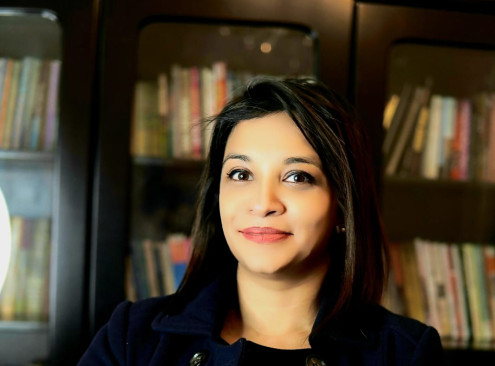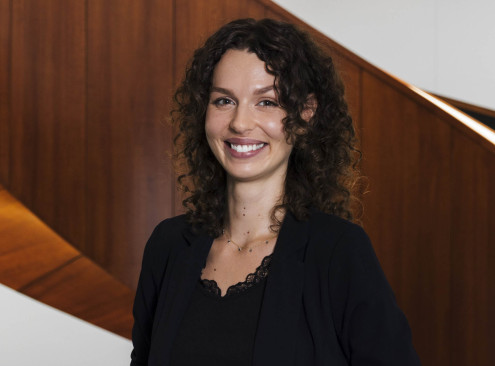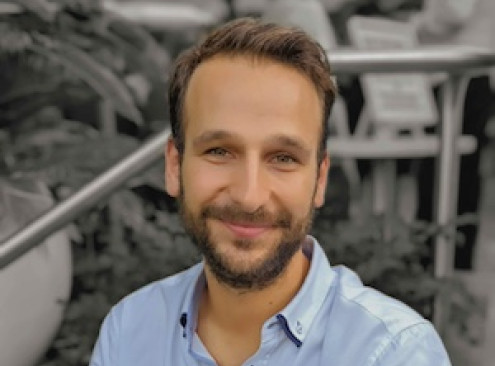© Pint of Science, 2026. All rights reserved.
Can positive thinking help us heal better? How do we influence the emotions of our co-workers? What are the secrets of building the next generation of radio telescopes? What can AI & machine learning really achieve? Come and find out, as our speakers open up these topics.
Applying Artificial intelligence and human intelligence for well-being
Tasneem Salma Islam
(Aurora Consulting)
Power of mind and positive emotions influence can cure diseases and perspective. At the same time, the interconnectivity of biology, environment, and human nature influences our health. Where change is the only constant how we are dynamically shifting our perspective which also influences our surroundings.

Dementia - Do defective proteins cause defective memory?
Sian Genoud
(Dementia Reaearch Centre, Macquarie University)
Dementia affects over 55 million people worldwide, and yet there is still no cure or accurate diagnosis during life. Understanding how the disease progresses and causes brain cells to die is the crucial first step. What we do know, is that in the brain of people with dementia, a normal protein becomes toxic and is passed along between brain cells, causing damage and cell death. Sian's research focuses on understanding this pathway and stop the spread of toxic proteins to halt or prevent dementia progression.
How do we influence the emotions of others at work?
Hannah Kunst
(University of Sydney Business School)
How do we influence the emotions of others at work? Why do we do it? And… does it matter? In this talk, Hannah will explain how different goals and emotion regulation strategies influence workplace dynamics, and uncover practical implications for fostering a positive culture at work.

Building huge radio telescopes
Kovi Rose
(University of Sydney)
Kovi will speak about how Australia is leading the world in building huge radio telescopes. This is producing a flood of science data and the discovery of millions of new astronomical objects. Their work focuses picking out the most interesting sources!

Map data © OpenStreetMap contributors.